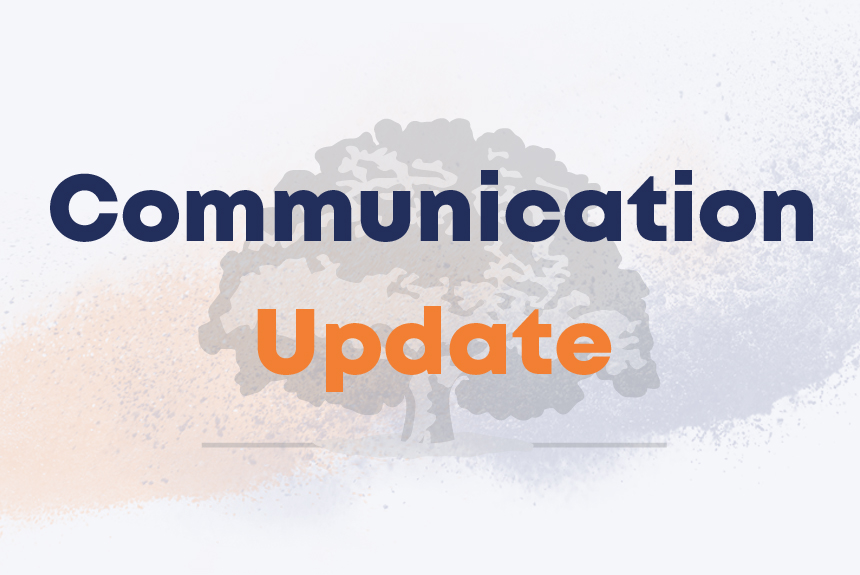After February half term, the school will no longer use text messages as part of our communication system.
We will move fully to email and the Arbor platform for all routine messages, updates, and notifications.
Please ensure we have your most up-to-date email address.
If you need to check or update your contact details, please contact the school office at your earliest convenience.

The internet is a fantastic tool for learning, connecting, and exploring. However, it also brings risks such as exposure to inappropriate content, cyberbullying, and threats to privacy. It’s important to stay informed about these dangers and ensure that your child is well-equipped to navigate the online world safely.
These Golden Rules are designed to help teenagers stay safe while using the internet:
Cyberbullying is a form of bullying that occurs online through social media, messaging apps, or online games. It can have serious effects on a young person’s mental health and wellbeing.
Parkside Community School does not tolerate any type of bullying, including cyberbullying.
The Department for Education (DfE) defines bullying as:
“Behaviour by an individual or group, usually repeated over time, that intentionally hurts another individual or group, either physically or emotionally.”
This also includes the use of technology such as computers or mobile phones to do this. The difference is often that cyberbullying can seem to be anonymous and can therefore result in a greater feeling of isolation and helplessness for the victim.
Signs of Cyberbullying:
What You Can Do:
For more information on app-specific guidance, such as privacy settings and parental controls, please refer to the Additional Resources section below.
For more information on how to handle cyberbullying, you can visit Childline’s Cyberbullying Page, which offers further advice and support for both parents and children.
To help your teen stay safe online, follow the ABC checklist provided by Internet Matters:
A – Activate Parental Controls and Privacy Settings
B – Balance Online and Offline Life
C – Check, Communicate, and Report
For further information and support, explore the following resources:
Recommended websites for more information